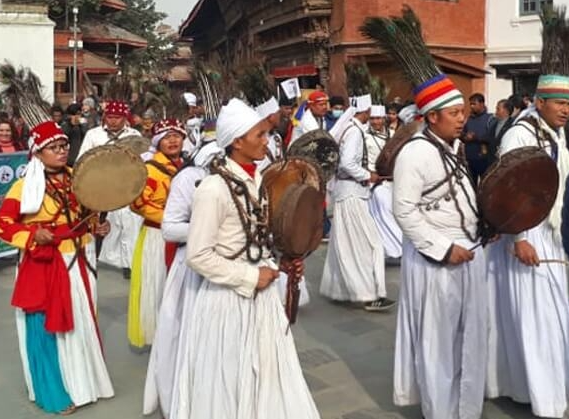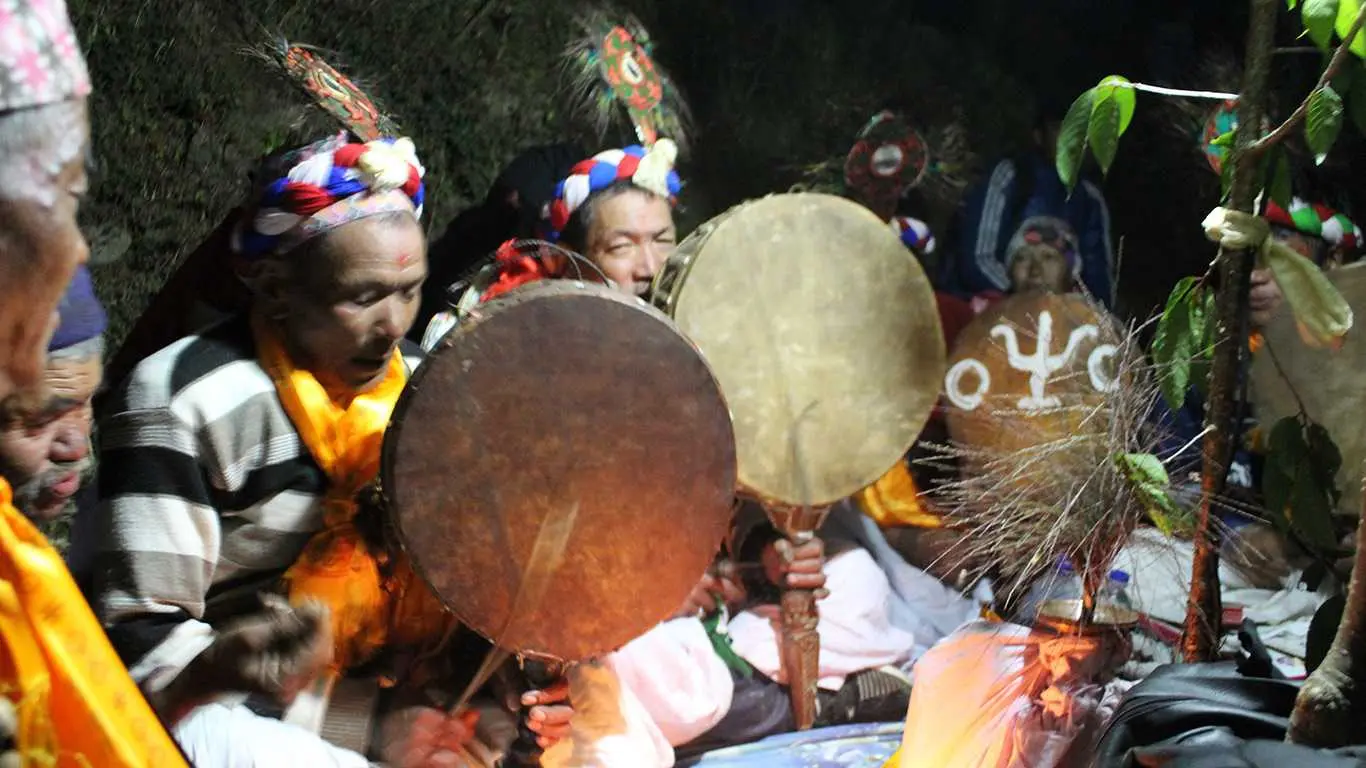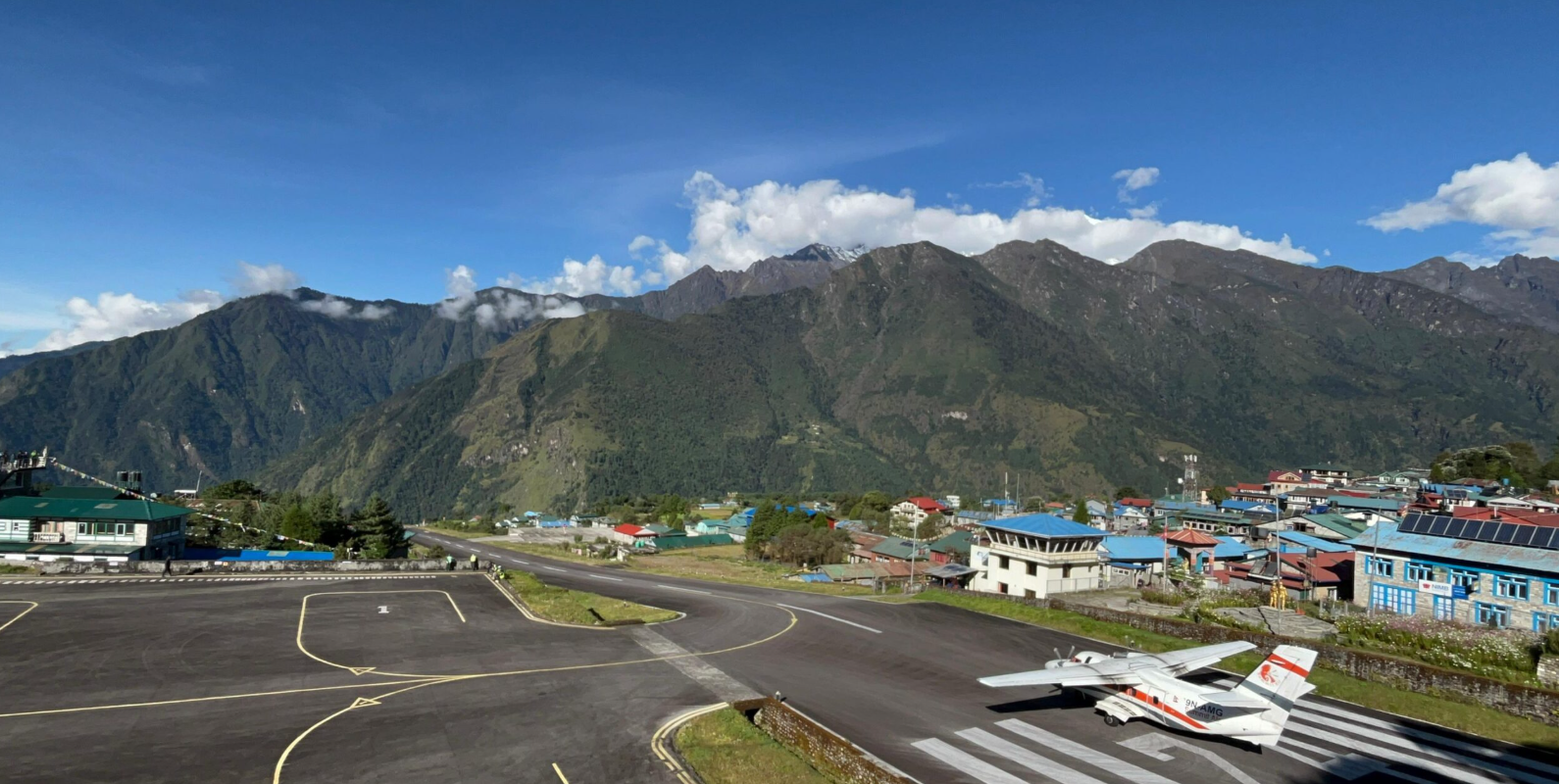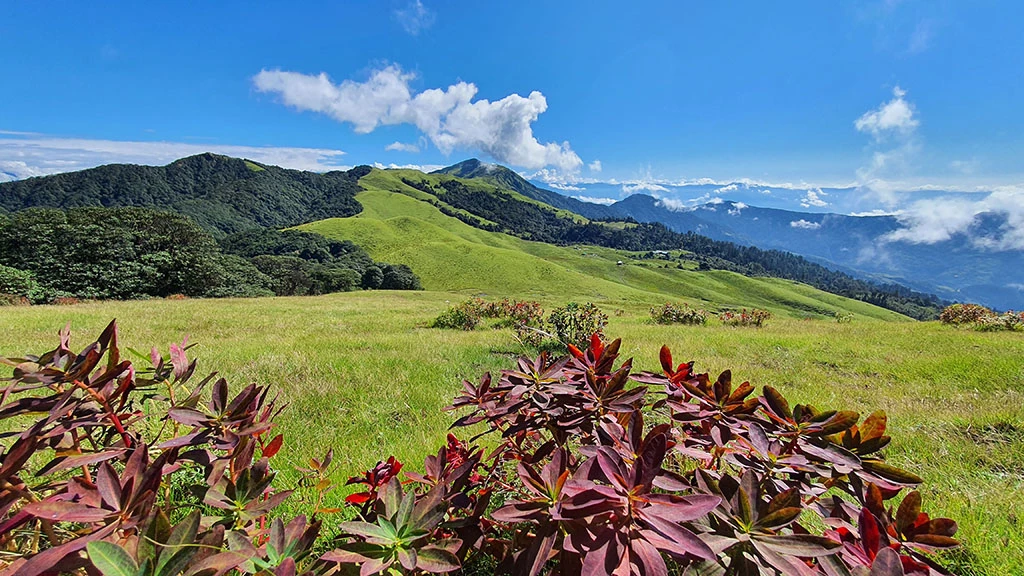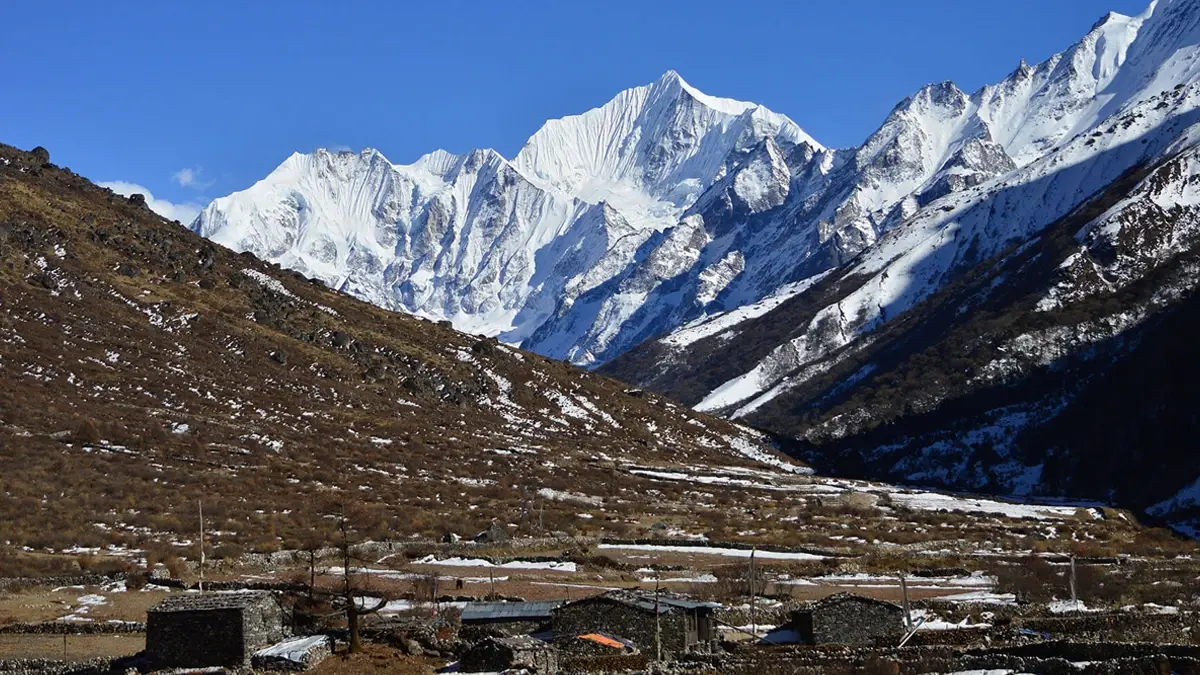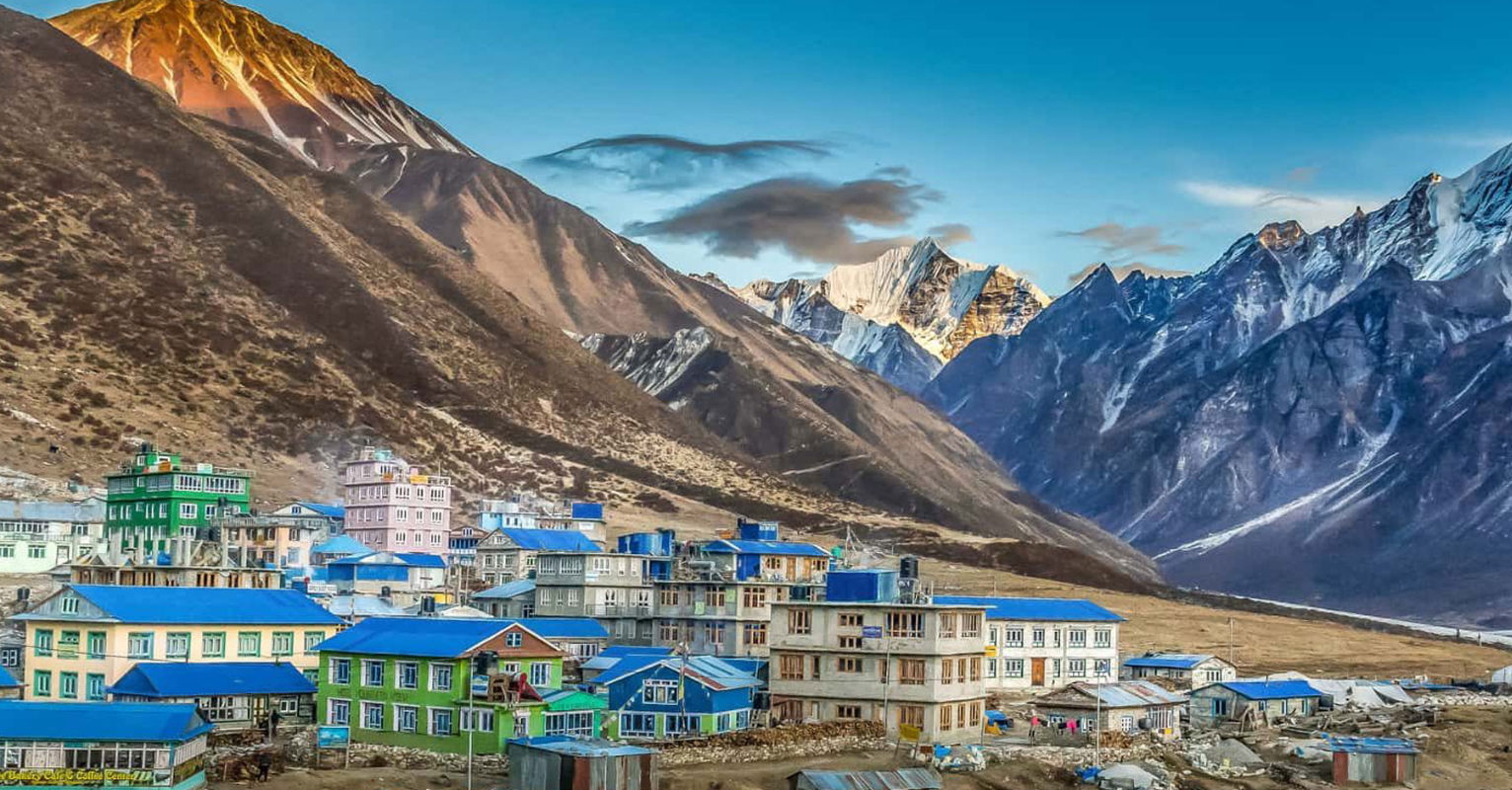
The Langtang Valley Trek is one of Nepal’s most loved journeys, offering an amazing blend of natural beauty, Tamang culture, and Himalayan scenery. Unlike the crowded Everest or Annapurna trails, Langtang is relatively peaceful, yet it provides equally dramatic views of snowcapped mountains, deep forests, and traditional villages. However, trekking in the Himalayas is never easy. The trails are steep, rocky, and demanding. Carrying your own heavy backpack for 7–10 days can make the journey exhausting rather than enjoyable. This is where porters come in. Porters are the silent heroes of trekking in Nepal, carrying the load so that trekkers can walk freely, enjoy the scenery, and focus on the cultural and natural experience.
One of the most common questions for trekkers preparing for the Langtang trek is: How much does it cost to hire a porter? The straightforward answer is that the standard porter cost for Langtang is USD $22 per day. This rate has been established as fair pay, ensuring that porters earn a decent wage while trekkers benefit from their invaluable service. In this blog, we will cover everything you need to know about porter costs, inclusions, exclusions, tipping, luggage limits, ethical practices, and how to hire responsibly, all while keeping the fixed daily wage of $22 in mind.
Who are Porters and Why They Are Essential?
Porters are local men and women from the Himalayan region who make their livelihood by carrying loads for trekkers. On the Langtang trek, they are responsible for carrying your luggage, which often includes clothes, sleeping bags, snacks, toiletries, and sometimes group gear like tents or cooking supplies if needed. A typical porter can carry 20–25 kilograms of load, which allows trekkers to walk with just a light daypack containing water, snacks, and essential items.
The role of porters goes beyond physical labor. They are often the bridge between trekkers and local communities. Many porters come from the Langtang or Tamang villages themselves, and they share stories, traditions, and local knowledge along the way. Economically, hiring a porter supports local livelihoods. Trekking is one of the main sources of income in the Langtang region, and when you hire a porter at the fair rate of $22/day, you are directly contributing to the well-being of mountain families.
Standard Porter Cost for Langtang Trek
For the Langtang trek, the standard daily cost of hiring a porter is USD $22. This price is widely accepted by trekking agencies and independent porters, and it is considered a fair wage. It ensures that porters are not underpaid for their hard physical work while still keeping the cost affordable for trekkers.
To put this into perspective, if you are doing an 8-day Langtang Valley trek, the cost of one porter would be $176 in total (22 × 8 days). For longer treks that include side trips to Kyanjin Ri, Tserko Ri, or extended routes, the cost increases accordingly. This amount is only a fraction of your overall trekking budget, but it makes a huge difference to your comfort and the livelihood of your porter.
What Does the USD $22 Cover?
When you hire a porter at $22/day through a professional trekking agency, the cost usually covers several important things:
-
Daily Wage – The fixed payment for the porter’s labor.
-
Food and Accommodation – The porter’s meals and lodging along the trek are typically included in this rate.
-
Transportation – Porters need to travel from Kathmandu to Syabrubesi (the starting point of the trek) and back, and this cost is usually covered within the rate.
-
Insurance – Ethical agencies ensure that porters are insured for accidents, medical issues, and evacuation during the trek.
-
Equipment – Agencies also provide porters with basic gear such as shoes, jackets, and backpacks, though many porters also use their own equipment.
By paying $22/day, you are not just covering the wage but also ensuring the porter has food, a place to sleep, and safety protection during the journey.
What Is NOT Included?
While the $22/day rate is inclusive of most necessities, there are still certain things that trekkers should know are not included:
-
Tips: Tipping is not included in the daily wage. It is customary and expected to tip your porter at the end of the trek.
-
Extra Days: If your trek is delayed due to weather, illness, or route changes, you will need to pay the porter for each additional day at the same rate.
-
Overweight Luggage: Porters usually carry up to 25 kg. If you exceed this limit, you may be asked to hire an additional porter or pay extra.
-
Personal Requests: If you ask your porter to perform tasks beyond their role (such as guiding, cooking, or carrying extra gear), additional payment may be necessary.
Luggage Limits and Responsibilities
The standard carrying capacity for a porter on the Langtang trek is 20–25 kilograms. This weight is shared among the trekkers they are assisting. For example, if two trekkers share one porter, each can pack around 10–12 kg.
Trekkers should carry their own small daypack with water, snacks, camera, rain jacket, and valuables. The heavier, bulkier items go with the porter. Keeping luggage organized and waterproof is very important. Label your bags clearly and avoid packing unnecessary heavy items like laptops or large bottles. Respecting the porter’s carrying capacity ensures their health and safety and avoids unnecessary strain.
Tipping Etiquette for Langtang Porters
Tipping is an essential part of trekking culture in Nepal. While the daily wage is fixed at $22, tips show appreciation for the porter’s hard work and dedication. A common guideline is to tip $5–$7 per day for a porter. For an 8-day trek, this would mean a tip of around $40–$60.
It is customary to tip at the end of the trek, during a small farewell or thank-you moment. If you are trekking in a group, tips are often pooled together and distributed equally among the porters. Hand the tip in cash, preferably in Nepali rupees. If your porter went above and beyond—helping during an emergency, carrying extra load, or guiding you with care—consider tipping on the higher side.
Agency-Hired vs Freelance Porters
When hiring a porter, you have two main options: through a trekking agency or directly as a freelancer.
-
Agency-Hired Porters: Cost is $22/day, but this includes their insurance, food, accommodation, and transportation. Agencies also ensure that porters are equipped with proper clothing and are not overloaded. This option is safer, more reliable, and more ethical.
-
Freelance Porters: Freelance porters may charge slightly less, but trekkers usually need to cover their meals, lodging, and transportation separately. Most of them do not have insurance, which can be risky in case of accidents. They also may not provide reliable service, and there is a higher chance that they might leave you midway through the trek. Therefore, it is always safer and more convenient to hire a guide or porter through a trusted company like lekbesi.com.
For the Langtang trek, it is highly recommended to hire porters through a registered trekking agency for safety and accountability.
Ethical Trekking and Porter Welfare
Paying a fair wage is not just about cost—it is about respecting the dignity and hard work of porters. Trekking in Nepal has a history of porters being underpaid and overloaded, but in recent years, awareness has grown. By paying $22/day, you are ensuring your porter earns a sustainable income while working under safe conditions.
Ethical agencies also provide porters with:
When trekkers choose agencies that treat porters well, it encourages better practices across the industry.
Sample Budget Breakdown (7–10 Days)
Let’s take an 8-day Langtang Valley trek as an example:
For a 10-day trek:
If you are trekking as a family or group with heavier luggage, you might hire two porters, doubling the cost but still keeping it affordable compared to international trekking expenses.
How to Hire a Porter in Kathmandu or Syabrubesi
Most trekkers arrange their porters in Kathmandu through registered trekking agencies. These agencies provide trained and insured porters at the fixed rate of $22/day. Alternatively, you can also find freelance porters in Syabrubesi, the gateway to Langtang. However, unless you are very familiar with local hiring practices, hiring through an agency is safer and more reliable.
Always sign a clear agreement that includes the daily rate, number of days, weight limit, and insurance coverage.
Things to Clarify Before Trekking
Before starting your trek, make sure you confirm the following:
-
Daily wage: fixed at $22/day.
-
Food and accommodation: included or not.
-
Insurance: confirm with the agency.
-
Extra day rate: same $22/day if delays occur.
-
Luggage limit: 20–25 kg.
Having clarity avoids misunderstandings during the trek.
Practical Tips for Trekkers Using Porters
-
Keep your luggage waterproof with a duffel bag or cover.
-
Label your bags with your name.
-
Carry only essentials in your own backpack.
-
Give your porter enough rest breaks.
-
Treat your porter as a companion, not just an employee.
Frequently Asked Questions
Do I really need a porter on Langtang?
Not mandatory, but highly recommended. It makes the trek easier and more enjoyable.
Can a porter also be my guide?
Some porters speak English and can assist, but they are not licensed guides. Hire a guide separately if you want professional guidance.
What if my trek is delayed?
You will pay $22 for each additional day.
How much total should I budget for a porter?
For 8–10 days, budget around $220–$290 including tips

